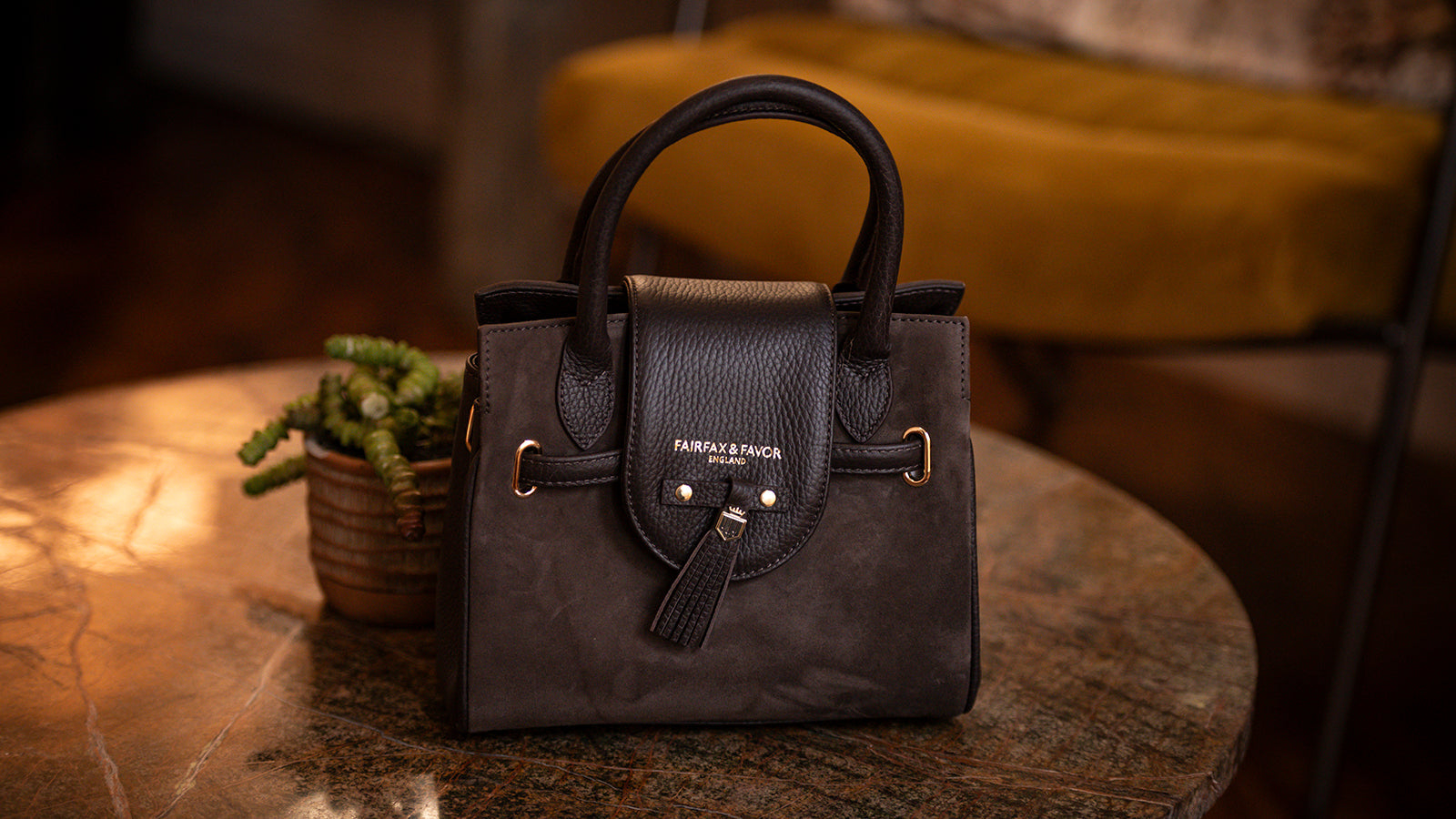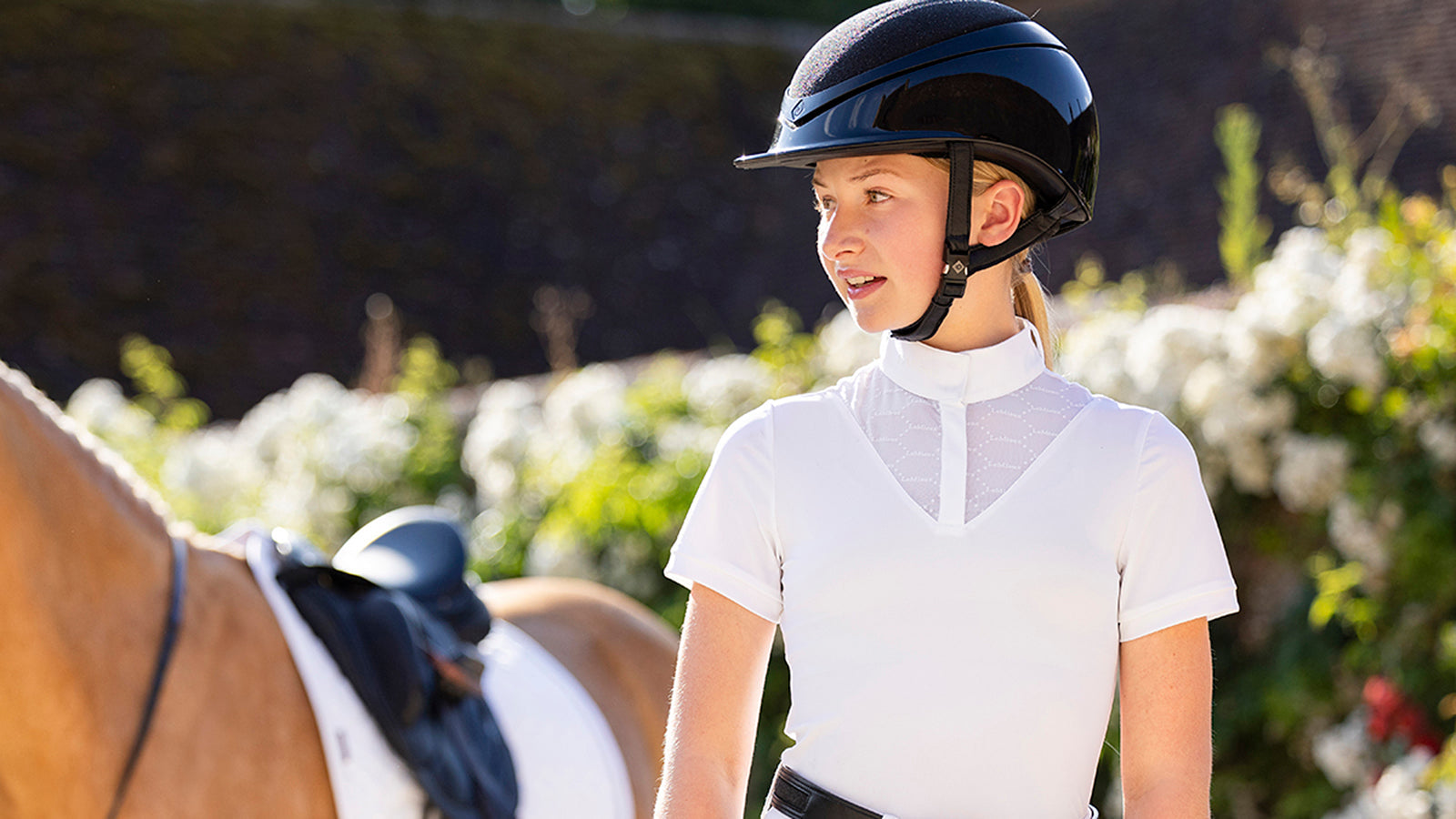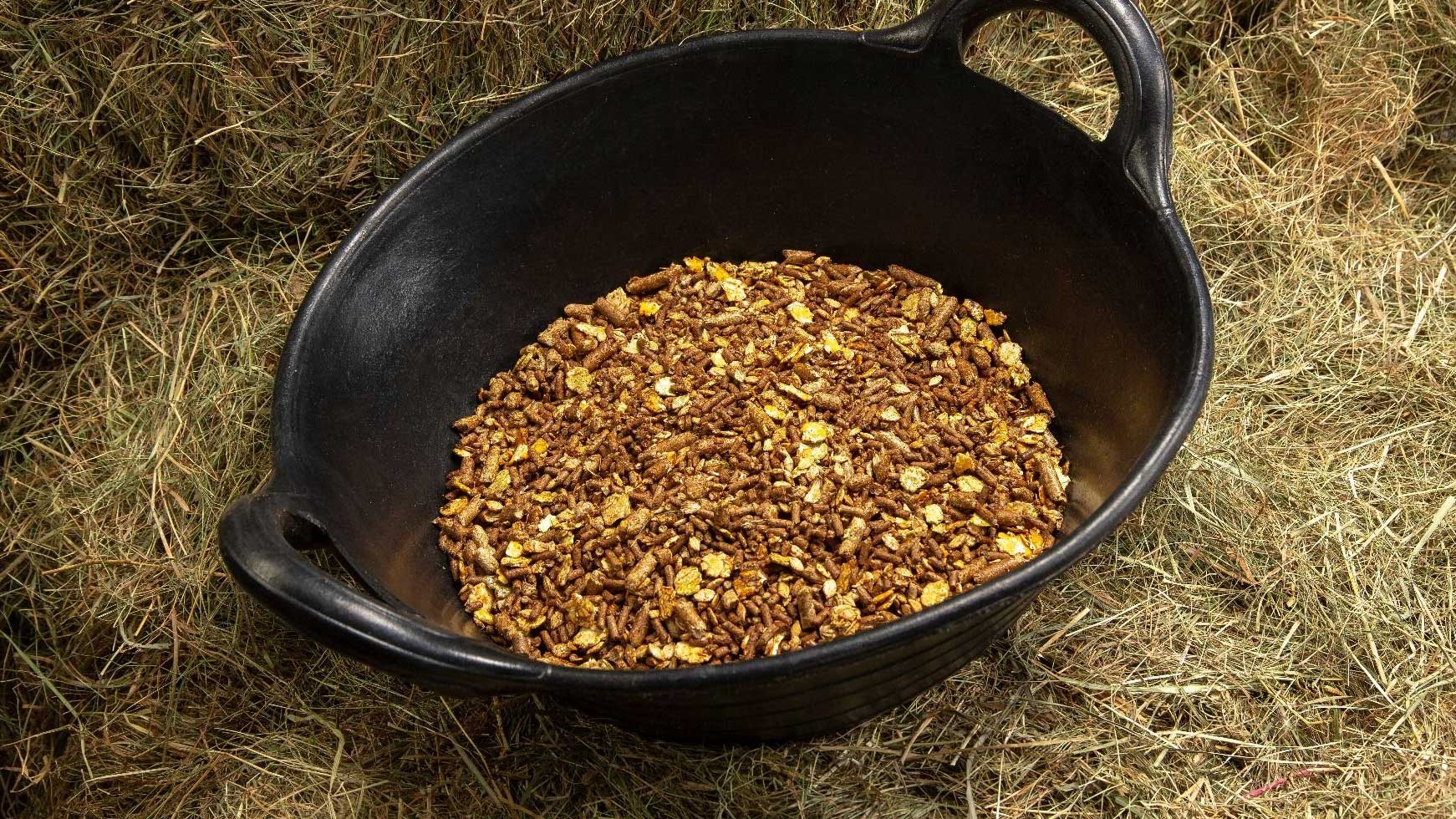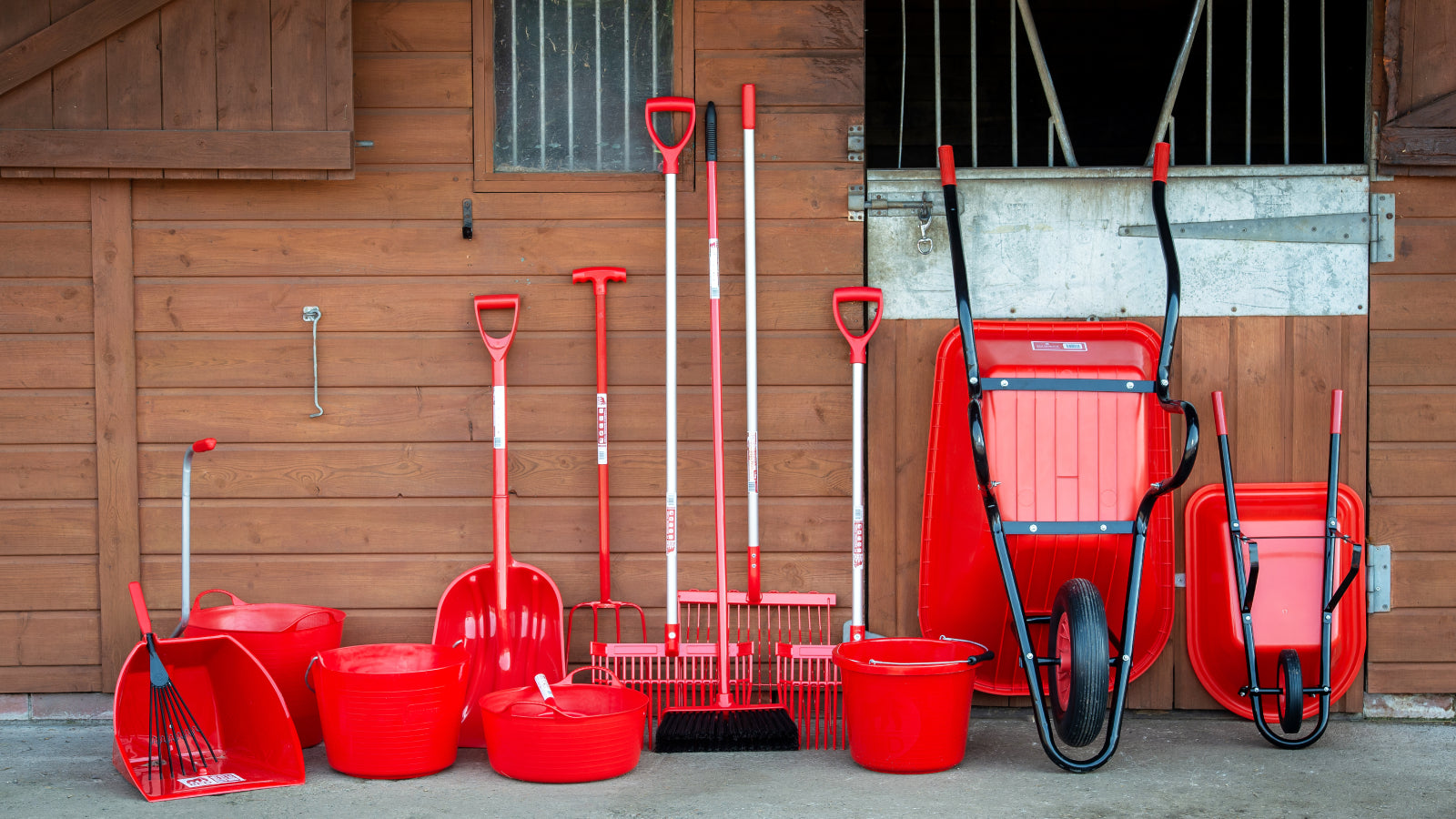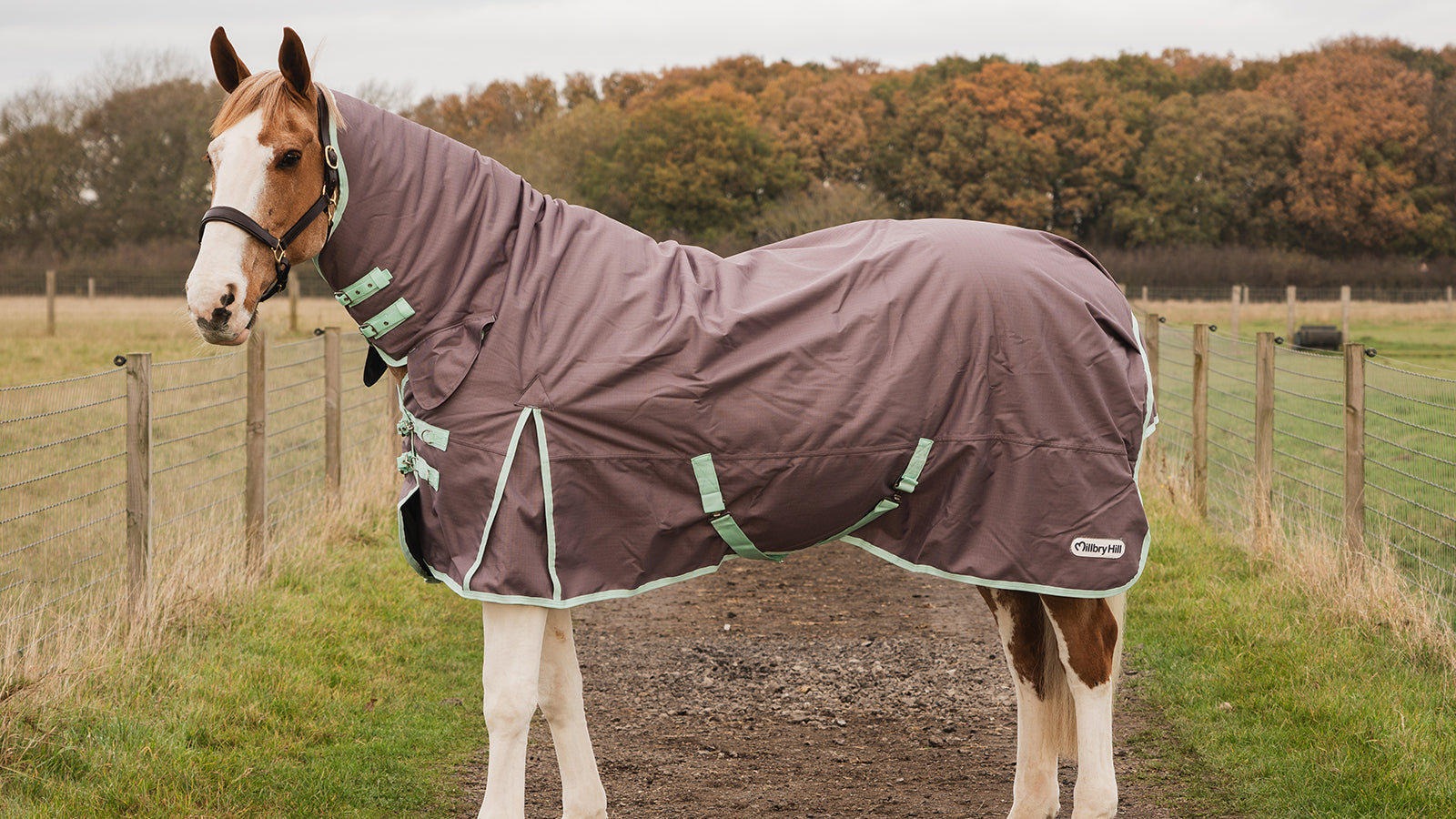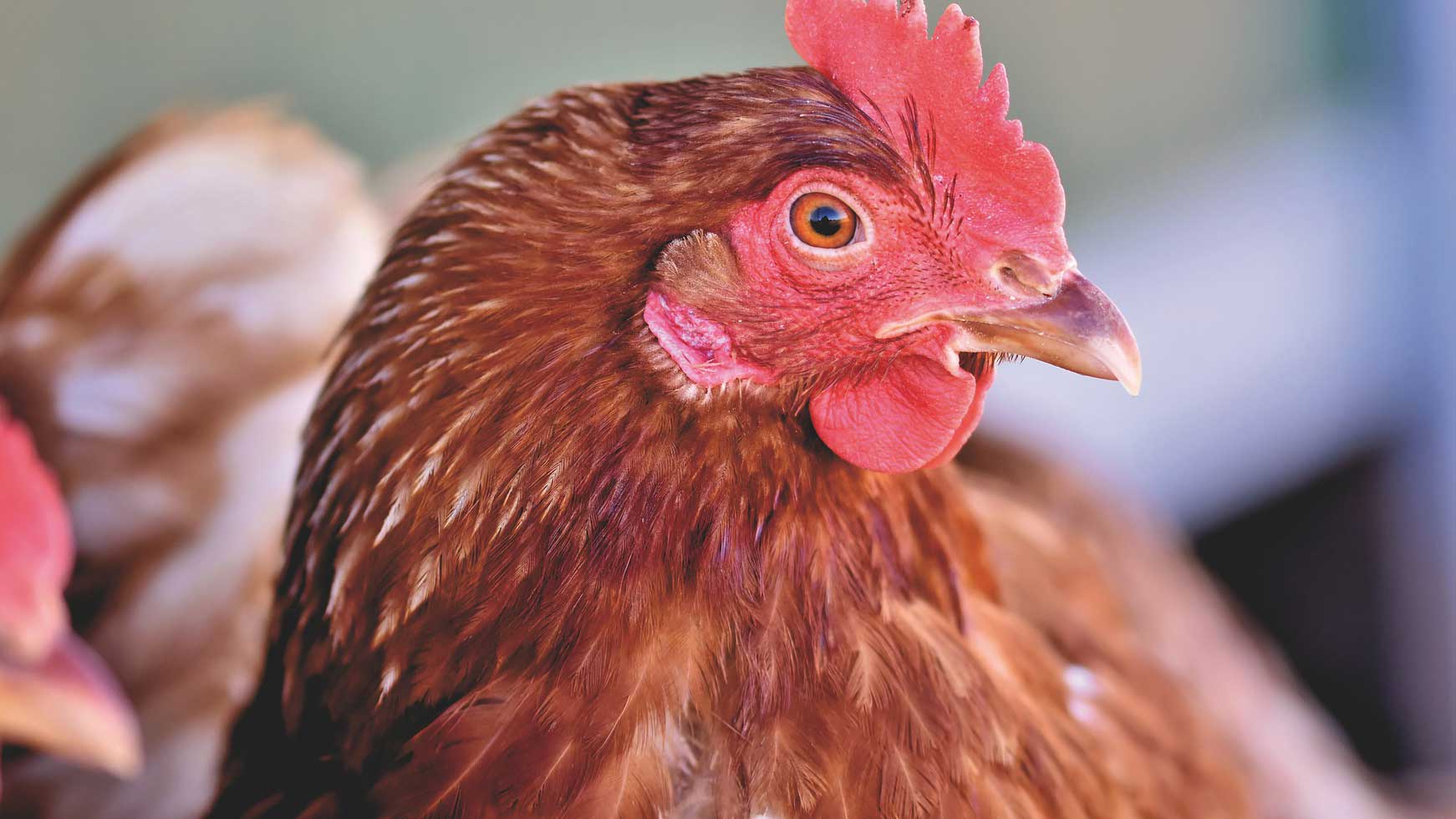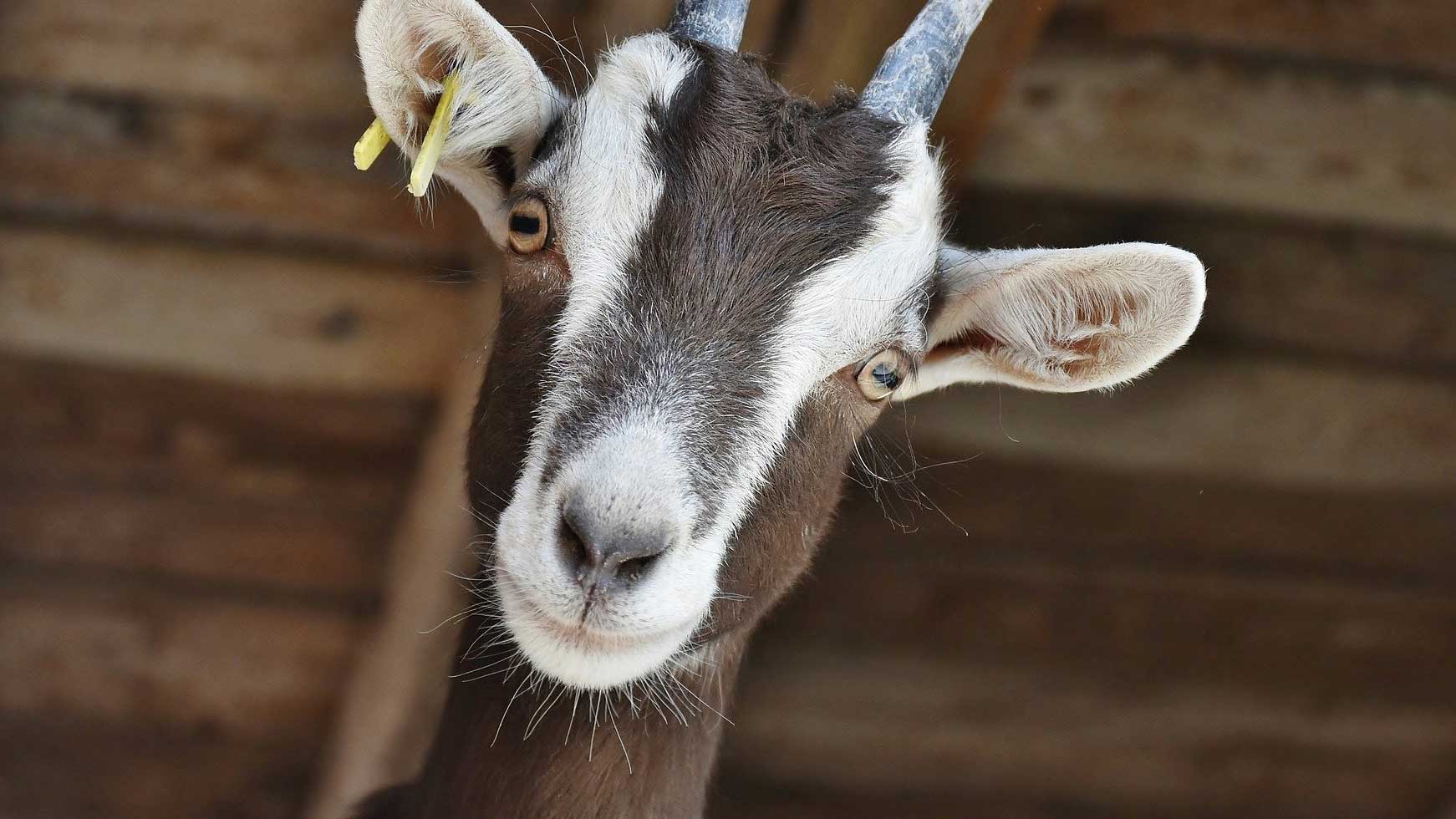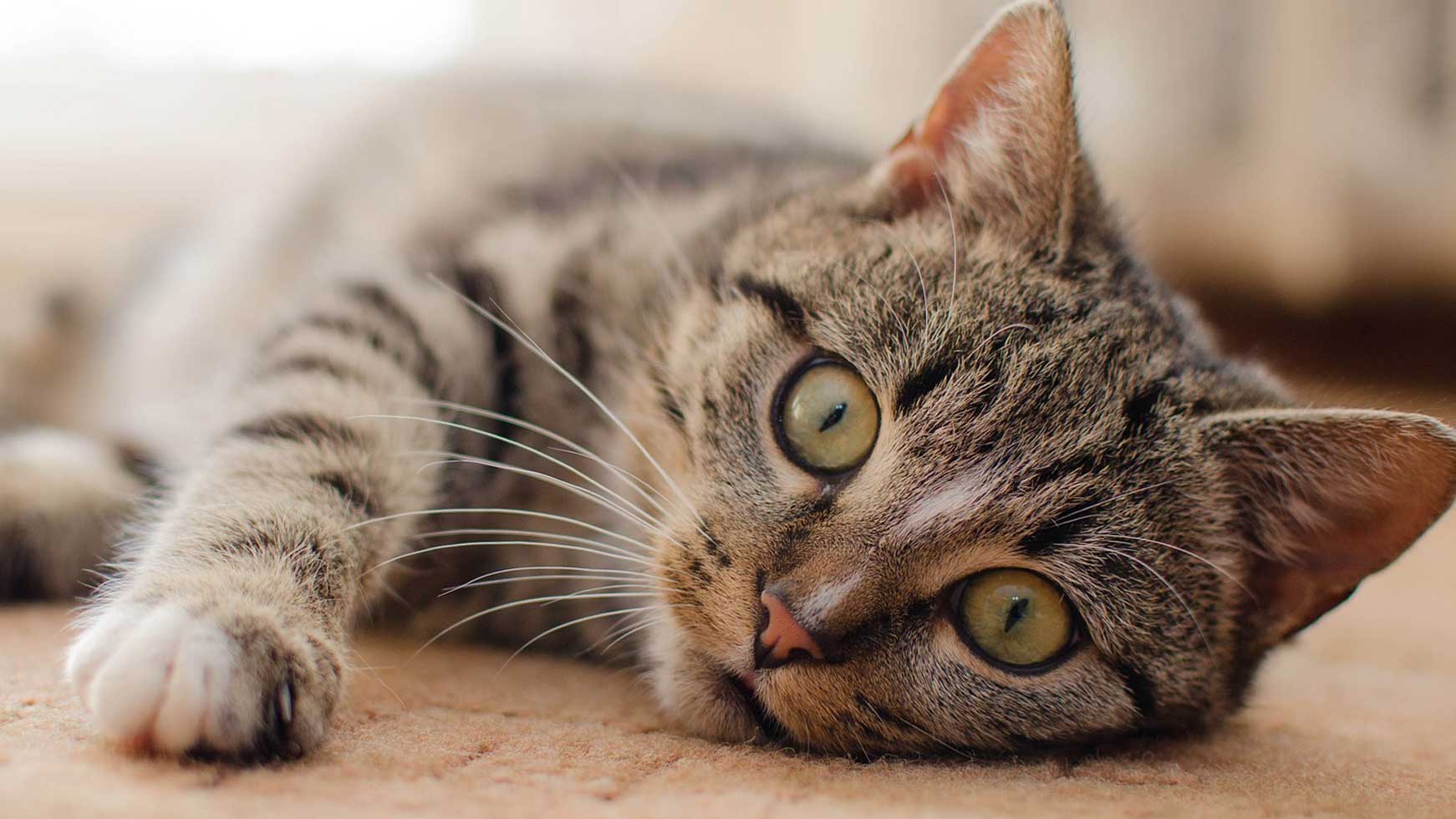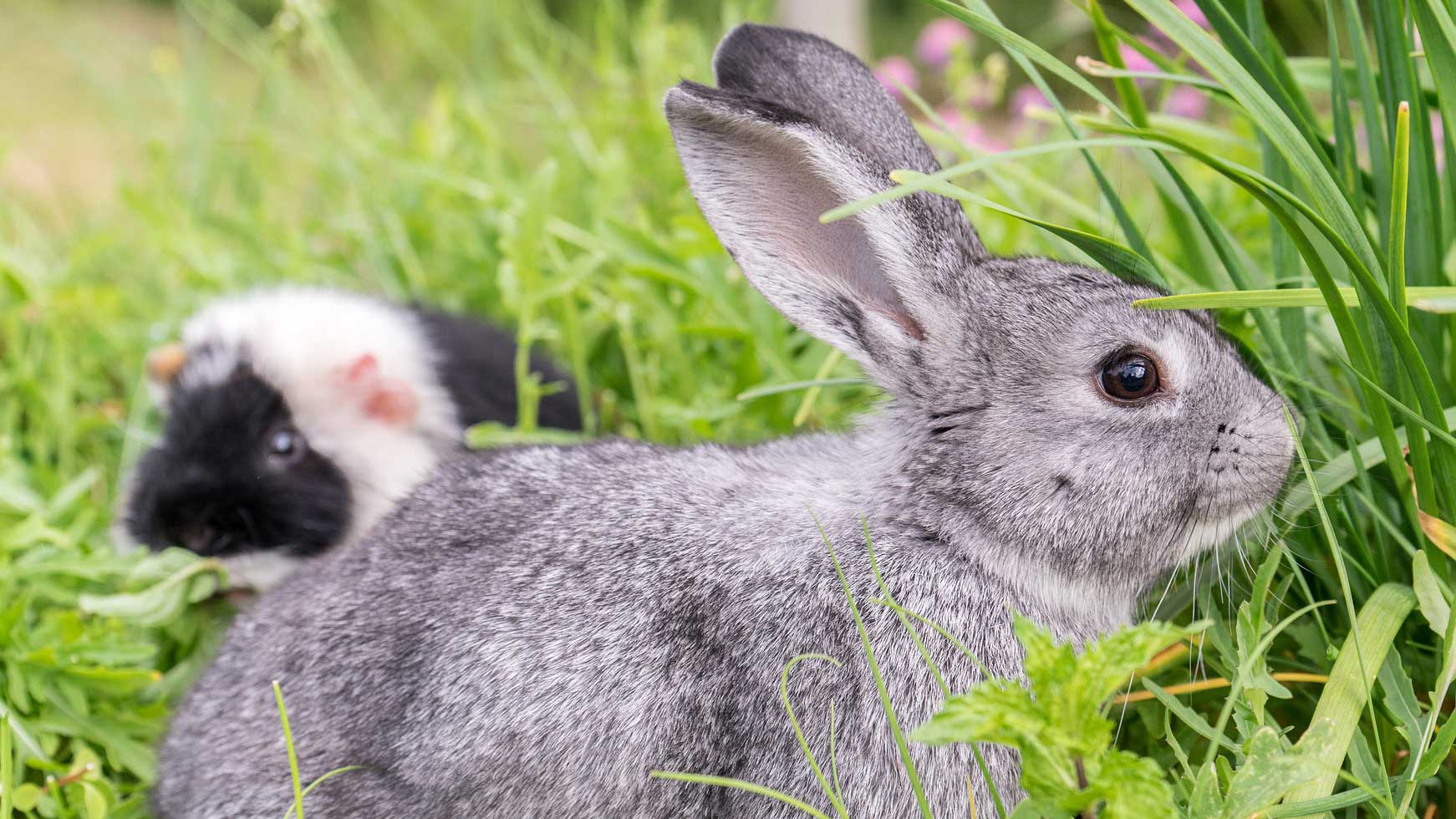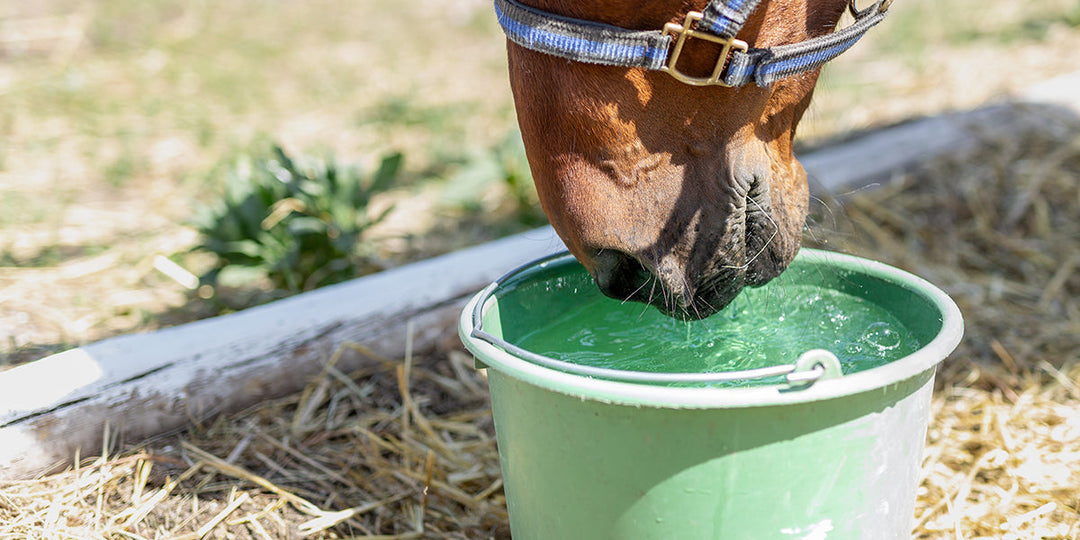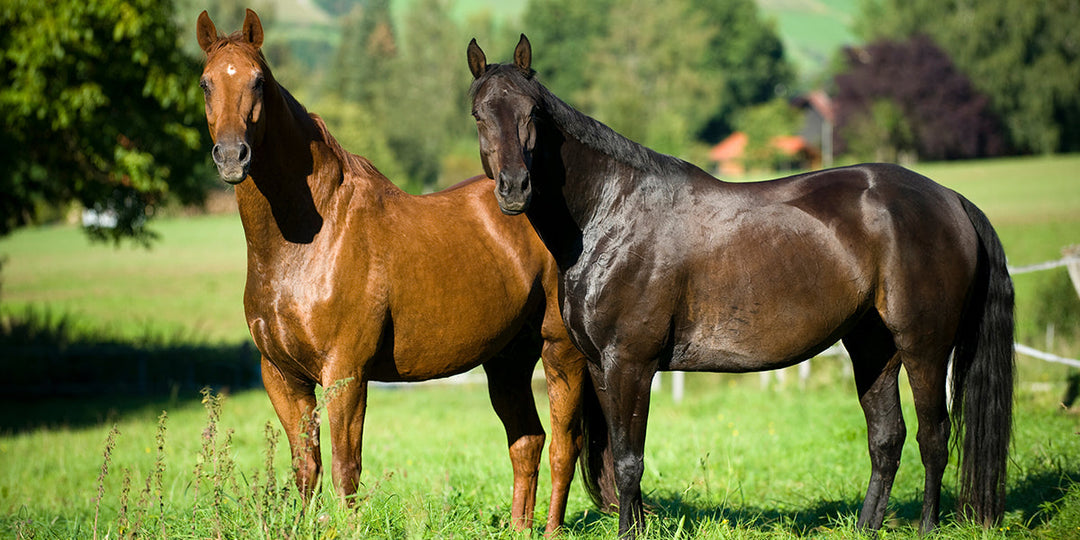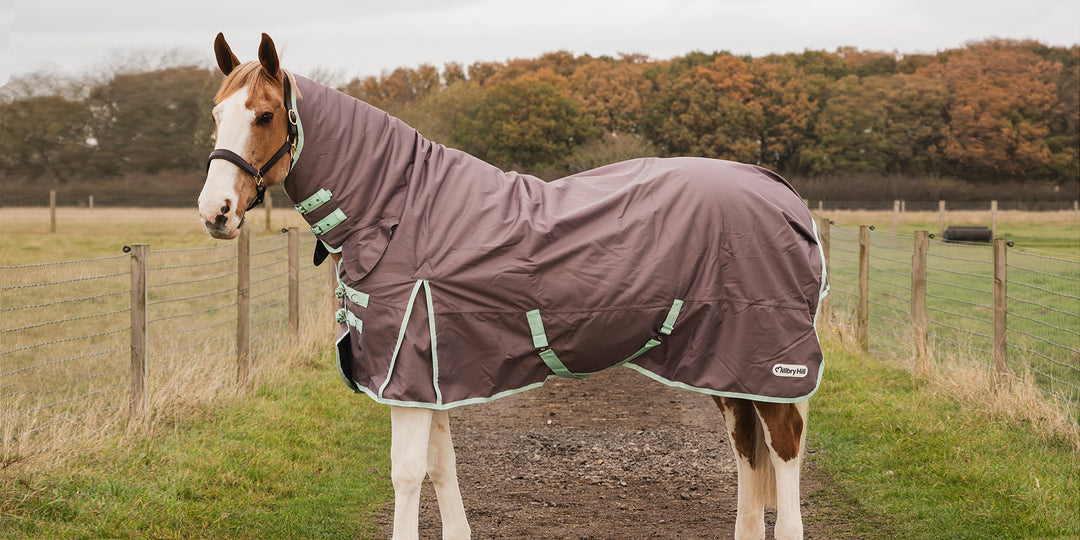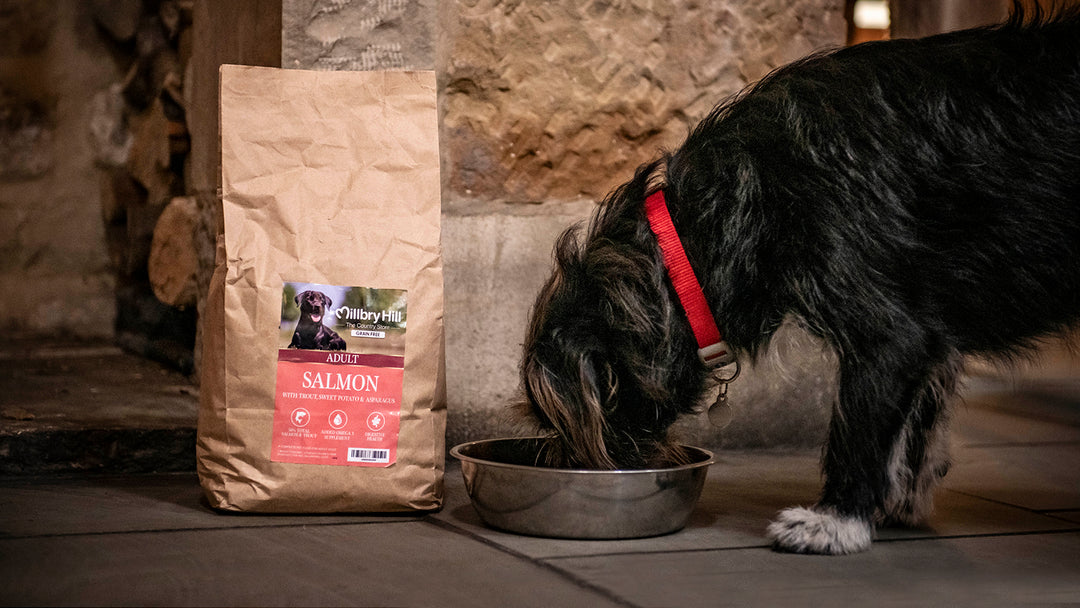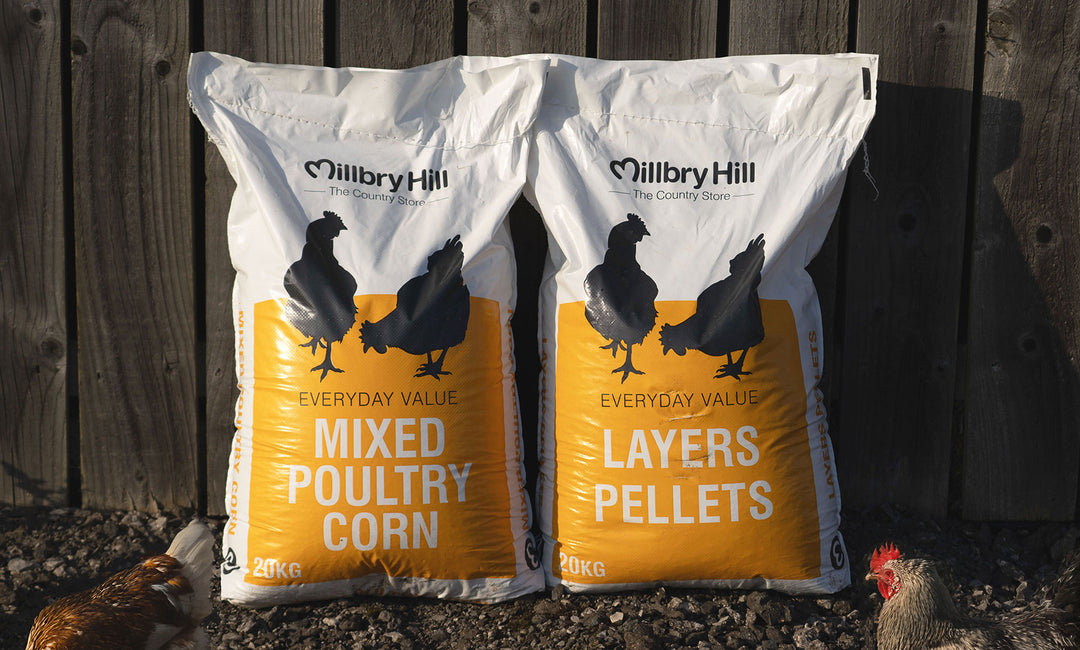A Guide to Chicken & Poultry

Chickens are a delightful addition to any backyard, offering easy maintenance, productivity and a steady stream of fresh eggs. It's no surprise that keeping a few chickens has surged in popularity in recent years.
However, like any pet, deciding to raise chickens requires careful consideration. This guide is designed to provide you with fundamental knowledge about chicken and poultry, assisting you in determining if chickens are the right fit for you and how to care for your first backyard flock.
What is the difference between chicken and poultry?
Poultry encompasses a variety of domesticated birds raised for meat, eggs or feathers. While chickens fall under this category, they are just one type among others bred for similar purposes. In essence, chickens are a specific subset of poultry, but it's essential to recognise that not all poultry are chickens.
What are the types of poultry?
The different types of poultry include:
- Chickens
- Ducks
- Geese
- Pigeons
- Turkeys
- Quail
- Guinea Fowl
- Pheasants
- Emus
- Ostriches
Each type of poultry has its unique characteristics, uses and considerations for care and management.
How many chickens should I start with?
For novice chicken owners, beginning with three to five hens is recommended. This quantity typically yields a sufficient supply of eggs for an average-sized family while providing ample opportunity to acclimate to poultry care practices.

How many eggs will chickens lay?
A single hen can lay up to one egg per day, but this doesn't mean they will lay daily without fail. If your hen skips a day, don't be disappointed. Moreover, bear in mind that most hens take a break in the autumn or winter for a few weeks.
How to keep chickens
1. Choosing your chicken coop
When selecting a coop for your hens, prioritise safety, comfort and space. Choose a fox-proof and vermin-proof housing option and ensure the coop includes nest boxes, perching and ample space for the hens to roam.
Plastic coops are easier to clean and may reduce mite infestations. Surround the coop entrance with wood chippings to keep the ground dry and position the coop to shield hens from winds and provide shade. Be sure to browse our selection of poultry housing for a solution.
2. Cleaning your chicken coop
Keeping your chicken coop clean is vital for the well-being of your flock. Every day, start by removing any droppings and wet spots from the coop. This simple step helps maintain a clean and hygienic environment for your chickens.
For a deeper clean, aim to thoroughly clean the coop every two to four weeks. This regular maintenance prevents the accumulation of bacteria and ensures your chickens have a healthy living space.
During these thorough cleanings, take the opportunity to disinfect the coop and check for red mites. Our curated selection of poultry health and cleaning supplies will come in handy when treating pests and diseases to help protect your chickens' health and happiness.
3. Hydrating and feeding your chickens
Understanding your chickens' dietary needs is essential for their health and productivity. Provide a balanced diet of layers pellets and layers mash, with adult hens needing around 100-120g of feed daily. Feel free to explore our full range of poultry and chicken feed for options.
Fresh water is crucial, especially in hot weather, so ensure a constant supply. Offer fresh food daily to prevent spoilage, control portions to avoid overheating and clean water containers regularly to prevent contamination. Use sturdy feeders and waterers to minimise spills and keep the feeding area clean.
4. Chicken treats
When treating your hens, it's important to follow certain guidelines. For optimal health, hens should only be offered nutritional treats specifically formulated for them. Overindulging in treats can disrupt egg production and compromise the quality of eggshells.
Additionally, excessive treats can lead to hens becoming overweight. As such, to control treat intake, consider using treat dispensers, which can help regulate the amount of treats your hens receive.
5. Chicken daily routine
Hens require daily care and can't be left unattended for a couple of days. They thrive on routine, so it's important to establish a consistent schedule from the start.
Stick to regular feeding times and avoid making sudden changes to their environment. Since hens like to stay out until late dusk, be sure you're there to secure them in their coop each evening.
6. General chicken health
Regularly handling your hens allows you to quickly detect any health issues or abnormalities. There are a few key points to keep in mind. For instance, healthy hens are active and alert; they shouldn't be huddled with fluffed-up feathers or have their eyes closed. Additionally, their droppings should be firm and dark brown with a white urate cap.

By following the guidelines outlined in this guide and staying attuned to your flock's health and behaviour, you can foster a rewarding and harmonious relationship with your feathered companions.
Here at Millbry Hill, we understand the importance of maintaining proper care for your chickens. It's for this reason we've curated an extensive array of general poultry keeping supplies alongside our other products to help you keep your chickens healthy with minimal stress and effort.





